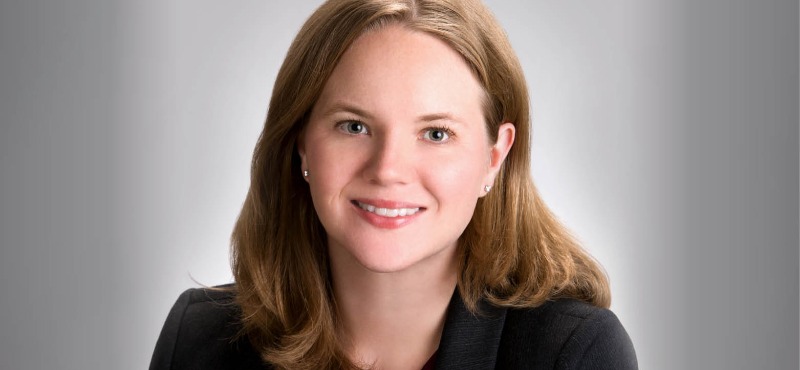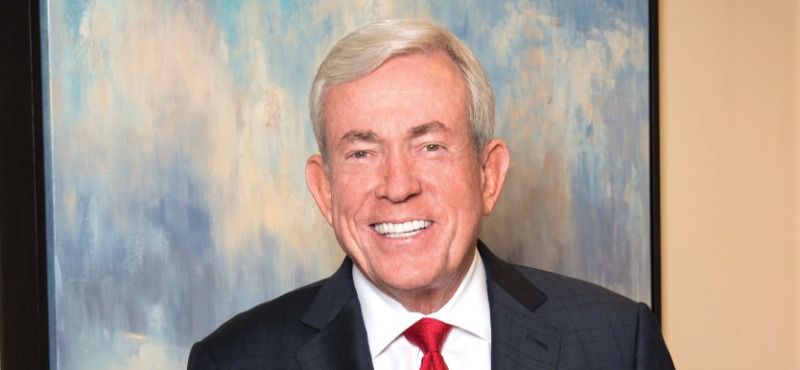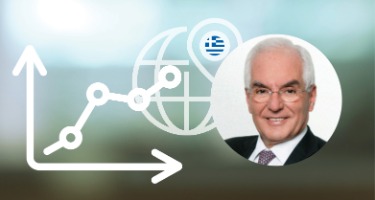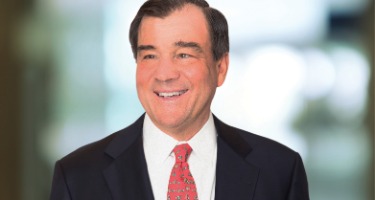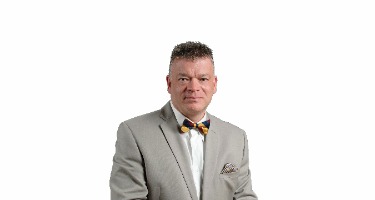A Q&A with Courtney D. Scobie, a complex commercial litigation attorney with Ajamie.
Courtney D. Scobie’s practice involves representing both plaintiffs and defendants and has brought her to matters involving big-name companies like Chevron, Dell, SAP, and Textron. The litigator recently won a $12.2 million judgment for a technology company after employers attempted to defraud it. Scobie is the co-author of “Expert Witnesses,” a chapter that appears in Business and Commercial Litigation in Federal Courts, Fourth Edition, and penned an article on the Keystone XL Pipeline in 2013. She also takes time out of her busy practice to lead the Houston Bar Association’s Adopt-a-Family gift drive during the holidays, a project for which she has earned the HBA’s President’s Award for the past two years.
Why did you become a lawyer? More specifically, how and why did you end up working in this area of law?
I always wanted to go into either teaching or the law, and after student teaching in college, I chose the law. I worked as a paralegal for a couple of years in a transactional practice before going to law school, but I gravitated towards litigation while in law school. I think it offers more variety and learning opportunities than a transactional practice.
What first attracted you to take this case on?
We represented a long-time client of our firm, and our firm has developed a niche practice in corporate and financial fraud. This case—which involved a fraudulent invoicing scheme perpetuated by employees and contractors—was the perfect fit for our firm.
What were some challenges that you faced during litigation?
One of the defendants terminated his relationship with his legal counsel in the middle of the lawsuit, which slowed the momentum of the case down considerably. He kept telling the other parties and the court that he intended to hire a new lawyer, but he never did. Finally, after more than a year of this, the judge allowed us to set the case against him for a bench trial. By then, the government was investigating him and one of the other defendants for wire fraud and conspiracy. He appeared at the bench trial pro se but with his criminal lawyer present.
Was there a crucial piece of evidence or testimony that persuaded the judge and/or jury?
The defendant refused to answer any of our questions on Fifth Amendment grounds, so we asked the judge to make an adverse inference based on those refusals. That in combination with the fact that his criminal defense lawyer was present likely persuaded the judge that this defendant defrauded our client.
Were you involved in the sentencing hearing?
I worked with the client to draft declarations of victim losses for the federal probation officer who was working on sentencing recommendations with the U.S. attorney’s office. They are used for determining sentencing and restitution. I attended the sentencing hearings with our client, but we did not have to participate in the hearing.
What advice can you give to other lawyers who are handling clients in similar situations?
Patience. This case took a long time to complete due to circumstances beyond our control, but that patience paid off. We obtained a large verdict for our client and restitution orders via two criminal sentences. We also worked up this case for well over a year and obtained a large amount of discovery that strongly indicated that our client had been criminally defrauded before we contacted law enforcement. I do not think the government would have prosecuted this case unless we had provided them with solid evidence of criminal activity. Government attorneys and law enforcement officers simply don’t have the time and resources that private practice attorneys do. If a person, company, or organization thinks it has been defrauded, it is probably best to pursue civil avenues for recovery before contacting law enforcement so there are more resources and time to develop a strong case for conviction.
Are you happy with the outcome?
Yes. I wish it had taken less time, but I think justice was served.
